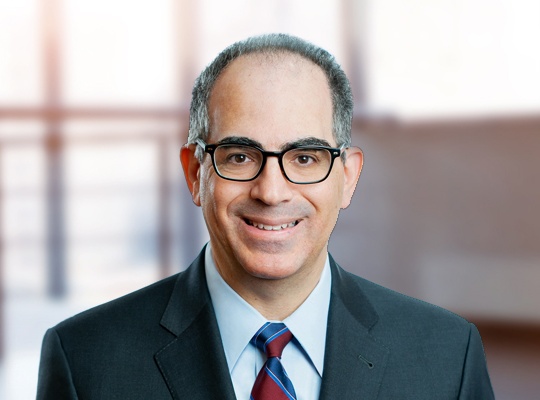Significant Changes to Hart-Scott-Rodino Filing Fees and Disclosure Requirements Enacted
Key takeaways
- The newly enacted Merger Filing Fee Modernization Act significantly changes filing fees for HSR filings.
- The changes are expected to take effect in 2023; the exact date is still to be announced.
- Applicable HSR filing fees for many transactions valued under US$1 billion will decrease.
- Maximum filing fees for the largest transactions will jump from US$280,000 to US$2.25 million, a 700% increase.
- Additional HSR disclosure requirements mandated relating to foreign subsidies.
On December 23, 2022, the U.S. Congress passed an omnibus spending bill that incorporated the Merger Filing Fee Modernization Act (the “Act”), a piece of legislation initially proposed in 2021. The final bill, which was signed into law by President Biden on December 29, 2022, imposes significant changes to the structure and amount of filing fees applicable to transactions that are reportable under the Hart-Scott-Rodino (“HSR”) premerger notification program, which is overseen jointly by the U.S. Federal Trade Commission (“FTC”) and the Antitrust Division of the U.S. Department of Justice (the “Antitrust Division”).
While the filing fee thresholds (i.e., the transaction values that determine the fee amount) adjust annually, along with the HSR notification thresholds themselves, based on changes in gross national product, the actual fee amounts have remained the same since 2001. The current fee structure based on the as-adjusted thresholds is as follows:
HSR Transaction Value |
Applicable Filing Fee (Current) |
Greater than US$101.0 million but less than US$202.0 million |
US$45,000 |
US$202.0 million or greater but less than US$1,009.8 million |
US$125,000 |
US$1,009.8 million or greater |
US$280,000 |
Once the filing fee changes go into effect in 2023 (the exact date has not been announced by the Premerger Notification Office of the FTC at this time) the applicable fee amounts will be as follows:
HSR Transaction Value |
Applicable Filing Fee (New) |
Greater than US$101.0 million but less than US$161.5 million |
US$30,000 |
US$161.5 million or greater but less than US$500 million |
US$100,000 |
US$500 million or greater but less than US$1 billion |
US$250,000 |
US$1 billion or greater but less than US$2 billion |
US$400,000 |
US$2 billion or greater but less than US$5 billion |
US$800,000 |
US$5 billion or greater |
US$2,250,000 |
Thus, the new law involves six different fee tiers, where there are currently only three. The largest HSR-reportable transactions, valued over US$5 billion, will be subject to a US$2.25 million fee due to the FTC concurrently with the HSR filing, whereas the current maximum fee is US$280,000. Starting in 2024, the fee amounts will be subject to annual adjustment (in increments of US$5,000) based on changes in the Consumer Price Index, a measure of inflation.
Sen. Amy Klobuchar, one of the sponsors of the original bill, stated that the legislation would raise “additional revenue that Congress can use to fund antitrust enforcement.” The Congressional Budget Office estimated that the legislation would raise an additional US$1.4 billion over the first five years.
The Act also mandates other changes to the HSR filings themselves by incorporating the Foreign Merger Subsidy Disclosure Act. Filing parties will soon be required to include in their HSR filings information regarding subsidies (which can include direct subsidies, grants, loans, loan guarantees, tax concessions, preferential government procurement policies, or government ownership or control) that they receive from countries or entities that are strategic or economic threats to the United States. Congress concluded that such foreign subsidies can “distort the competitive process by enabling the subsidized firm to submit a bid higher than other firms in the market, or otherwise change the incentives of the firm in ways that undermine competition following an acquisition.” This enhanced disclosure requirement will take effect once the FTC, with concurrence of the Assistant Attorney General in charge of the Antitrust Division (and in consultation with certain other federal agencies), promulgates enabling regulations and updates the HSR form and related instructions.



